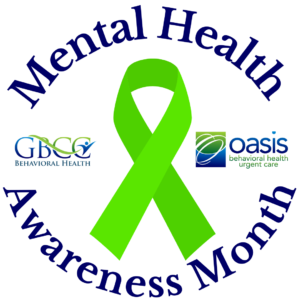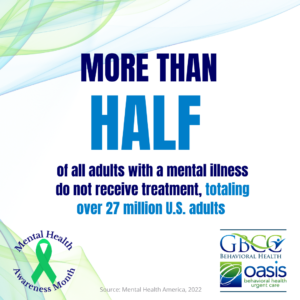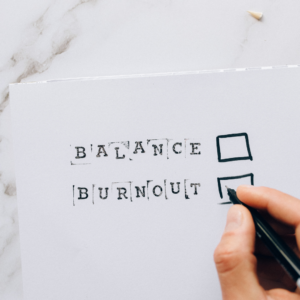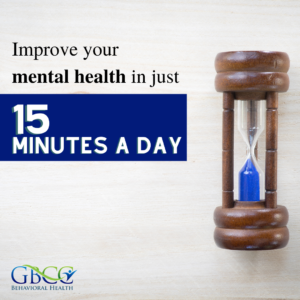In a world filled with constant stressors and demands, maintaining good mental health has now become a priority for many individuals. One ancient practice that has gained widespread recognition for its holistic approach to well-being is yoga. Beyond its physical benefits, yoga has proven to be a powerful tool in nurturing mental health. Let’s explore how incorporating yoga into your routine can contribute to a healthier and more balanced state of mind, with a focus on its positive impact on mental health.
Benefits of Yoga on Physical and Mental Wellness

Yoga is renowned for its ability to reduce stress, a common trigger for various mental health issues. The combination of controlled breathing, mindfulness, and physical movement in yoga helps activate the body’s relaxation response, lowering cortisol levels and promoting a sense of calm. Regular practice can provide individuals with effective tools to manage stress, fostering resilience in the face of life’s challenges.
One of the core principles of yoga is mindfulness, the practice of being fully present in the moment. Through breath awareness and intentional movement, yoga encourages individuals to let go of distractions and connect with their inner selves. This mindfulness aspect of yoga is particularly beneficial for mental health, as it promotes self-awareness, reduces rumination, and enhances overall emotional well-being.
For those dealing with anxiety disorders, yoga can be a valuable complementary therapy. The combination of breathwork and specific yoga postures helps regulate the autonomic nervous system, promoting a shift from the “fight or flight” response to a calmer state. Regular practice can empower individuals to manage anxiety symptoms and cultivate a greater sense of control over their mental and emotional states.
Studies have shown that engaging in regular physical activity, such as yoga, can positively impact mood and alleviate symptoms of depression. The release of endorphins during exercise contributes to an improved sense of well-being, while the mindfulness aspects of yoga can help individuals break free from negative thought patterns.
Yoga emphasizes self-acceptance and compassion, creating a space for individuals to connect with their bodies without judgment. This focus on self-love and acceptance contributes to improved self-esteem and a more positive body image, fostering a healthier relationship with oneself.
Using Yoga to Unlock Positive Well-Being
As we navigate the complexities of modern life, prioritizing mental health is crucial. Yoga, with its multifaceted approach encompassing physical, mental, and spiritual well-being, offers a transformative journey toward a more balanced and resilient state of mind. Incorporating yoga into your routine, even in small doses, can be a powerful step toward cultivating mental wellness. Embrace the practice, breathe deeply, and embark on a journey to discover the profound benefits that yoga can bring to your mental health.






























